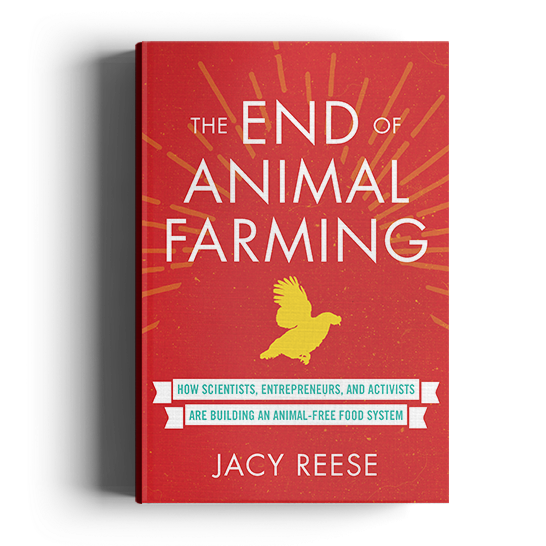Videotaped investigations of animal farms expose the gruesome reality of intensive animal farming. And I’m not referring just to the most explicit and deviant examples like when secret cameras catch workers punching, kicking or torturing the animals in other, gratuitous ways.
Intensive animal farming is inherently gruesome, even when it painstakingly follows all the rules and laws. In most countries, it’s perfectly legal to group the animals in impossibly small spaces and to confine them to a life of suffering, stress, and disease.
Videotaped investigations show all of this, unfiltered. The aim is to inspire compassion and dietetic shifts in consumers, to urge companies to raise their animal welfare standards, and to trigger governments and institutions to make such standards mandatory.
To some, it may come across as an extreme and even counter-productive tactic. Online newspapers often publish those videos under attention-grabbing headlines that make them look like torture porn.

However, in his recently published book The End of Animal Farming, animal rights activist Jacy Reese argues that publishing videotaped investigations of animal farms is still the easiest way to convince people to become vegan.
Usually, Reese adds, industry professionals write off these videos as the errant behaviour of few bad apples and that’s why it’s important to stress that the issue can’t be reduced just to the most explicit acts of violence.
As Reese reports, one of the rare cases in which an animal farming professional admitted that the cruel practices employed in his farm were just industry standards, happened in 2001 following an egg farm investigation by nonprofit Compassion Over Killing.
In that instance, the egg producer was quoted in the Washington Post saying: “We use normal industry practices. [The investigators’] complaint lies with our industry, not our facility.”
In the United States, the meat, dairy, and egg industries fear videotaped investigations and they often try to stop them by passing laws that limit the possibility to film animal farms operations. As Reese recounts, “The first such law, passed in Iowa in 2011, prohibits undercover audio or visual recording of an animal facility and possessing or distributing any such record.”
As much as I’d like to live in a world where cold facts were enough to convince people of the importance of ending animal farming, I think that if the emotional appeal of the shocking footage proves to be more effective, then I'm all in favour of producing and publishing more videotaped investigations.
We're currently reading Reese's book and we hope to be able to come up with a review, here or on Forbes, soon.




